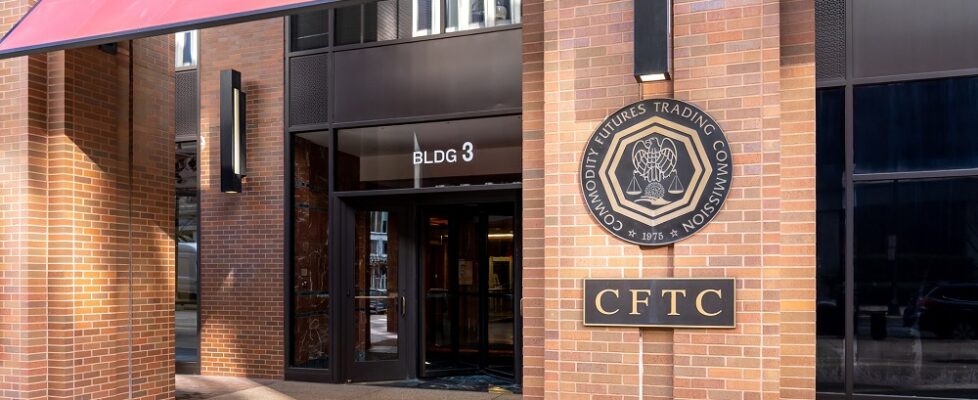Nomura trader seeks to rebuff CFTC complaint
John Patrick Gorman III, a U.S. dollar swaps trader and managing director of Nomura, has sought to rebuff CFTC claims that he manipulated the price of USD interest rate swap spreads. This becomes clear from a set of documents filed by Gorman III at the New York Southern District Court on June 16, 2021.
The documents, seen by FX News Group, state that the parties have not resolved their dispute regarding the adequacy of the Complaint. As a result, the parties request a briefing schedule for more extensive argument.
Let’s recall that, according to the CFTC complaint, on February 3, 2015, Gorman III, trading from Tokyo, Japan for a U.S. affiliate of Nomura, engaged in a scheme to deceive and to manipulate the price of U.S. dollar interest rate swap spreads published on a screen displaying prices from a swap execution facility broker firm (SEF Broker Firm) in the United States – JBIC. Gorman engaged in this scheme in order to benefit the bank in a separate interest rate swap transaction with a bond issuer, the CFTC says.
The trader argues that the CFTC’s Complaint is its latest salvo in a campaign to win judicial approval for a vast expansion of the law of market manipulation.
According to Gorman, the Complaint concerns a routine commercial transaction between two international banks. One, JBIC, sought to “sell” an interest rate swap (receive fixed-rate payments and pay floating-rate ones). It asked another bank and swap dealer, Nomura, to be its counterparty and “buy” the swap (pay fixed-rate payments and receive floating-rate ones). JBIC’s purpose was to hedge a floating-rate obligation it incurred that day through a bond issuance. JBIC and Nomura executed substantially identical swaps on at least ten occasions from 2014 through 2018.
Like all bilateral swaps, JBIC’s and Nomura’s were executed at arm’s length. Their governing agreement expressly disclaimed any fiduciary or advisory relationship and agreed that Nomura was acting for its own account.
JBIC priced and executed its swaps with Nomura via teleconference at a time of JBIC’s choosing. JBIC also scripted the pricing call so that every question and answer was to its precise specifications.
While the swap dealer’s hedging may affect the price of instruments that are used to partially price the swap, that same hedging is what makes it possible for the dealer to execute the swap at the thin spreads sought by counterparties like JBIC.
According to Gorman, the Complaint fails to state a claim for actual or attempted manipulation because it does not allege that any of his trading created (or attempted to create) an inaccurate, or “artificial,” price. He says the Complaint fails to allege how his sales of instruments at prices offered by actual buyers, for the purpose of hedging risk, constituted “rigging” the market.
Gorman also responds to the CFTC’s “alternative” argument that his hedging— by selling instruments to buyers at market prices—constituted a fraud, He argues that this is at odds with the law of fraudulent misrepresentation. According to him, the Complaint fails to allege an actionable nexus between his accurate quotation of market prices and his purportedly wrongful decision not to break from his counterparty’s requested script to provide immaterial information about his hedging activities.
JBIC—not Gorman or his employer—wrote the pricing script and followed it, Gorman says. As part of its script, JBIC asked Gorman to quote the market price for swap spreads, and so he did, accurately. JBIC could have added additional questions to its script, including about hedging, but chose not to. There was nothing misleading about Mr. Gorman’s truthful answer to JBIC’s precise question, and courts in analogous circumstances have held that it is not misleading to disclose truthful financial data without disclosing all its inputs (even illicit ones), the trader concludes.
Gorman argues that the Complaint should be dismissed and requests that the Court set a briefing schedule for more extensive argument on the issues in dispute.





